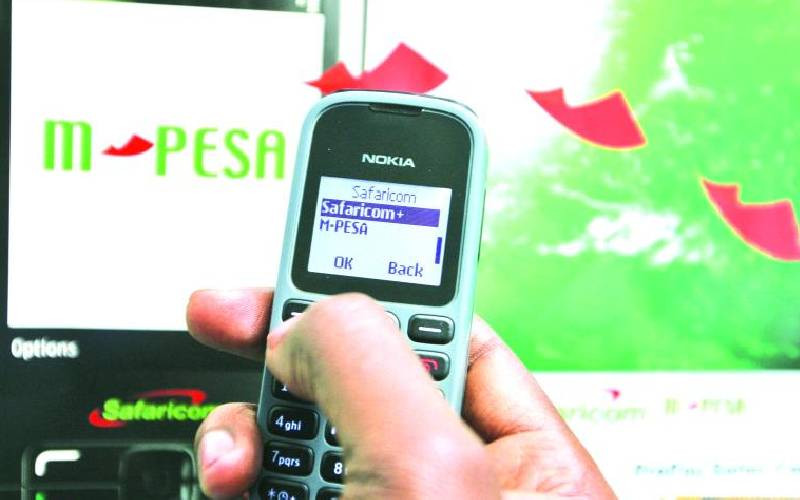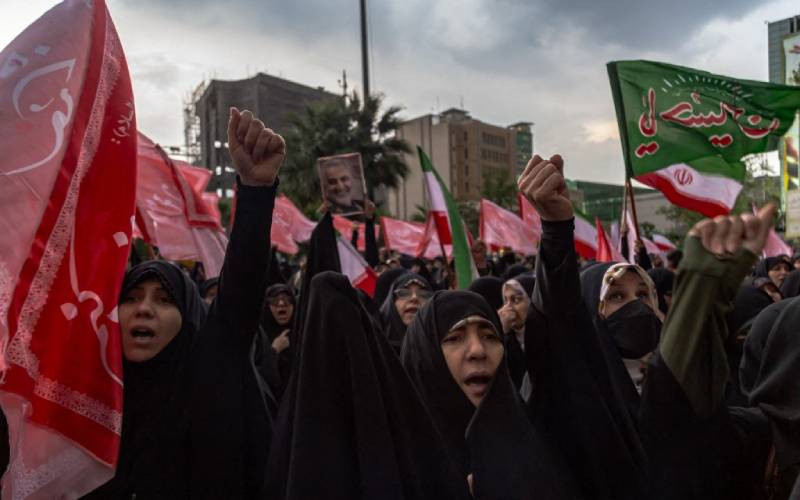By John Njiraini And Macharia Kamau
The unprecedented mobile phone market wars show no sign of abating after Safaricom retaliated by lowering costs, albeit for a month.
It has also moved to retain its main revenue stream for voice — post pay subscribers — by matching the offer by Zain for this group on cross-network calls.
But Safaricom opted to reward pre-pay users on a graduated scale, with those loading the least airtime benefiting less in terms of lower cross and on-network tariffs.
At the same time, the company is trying to lock in its post pay subscribers by giving them a flat rate of Sh3 on both cross and in-network calls. Post pay subscribers are also important for data revenue, an area on which Safaricom has been pinning its next wave of growth.
One analyst, who spoke to The Standard on condition that he was not to be quoted, said Safaricom appears confident of retaining its subscribers due to its M-Pesa mobile banking business, which accounted for the largest share of revenue growth in the company last year.
Safaricom confident
"Right now the M-Pesa network is very strong, Safaricom appears confident that it can retain its 16 million subscribers and wait for its rivals to undercut their revenues with price wars, but a lot could change in the next three months," said the source.
M-Pesa falls within Safaricom’s data business, for which the firm is already testing its new 4G (fourth generation) network.
In the promotion for prepay subscribers, which runs until September 23, Safaricom slashed its calling rates on a graduated scale with the lowest rate at Sh2 for on-network calls for those who top up with Sh250 to Sh1000 airtime, and Sh3 to other networks.
It has also extended the price discount to its post pay customers, who can now make cross and on-network calls at a flat rate of Sh3 per minute, but billed by the second. This "will be applicable throughout", said the firm in a statement.
Outgoing Safaricom CEO, Michael Joseph, said the tariff was a thank you to the firm’s post pay subscribers for their loyalty.
"Our post pay customers are a huge reason for our success. We thank them for their custom and considerable spending on our network. We promise to remain responsive to their needs, and promise them a number of incentives, going forward," said Joseph.
Meanwhile, Zain and yu have upped their stakes to target the mass market.
"We have started a new journey in the market and the journey is called market leadership," Zain Chief Executive, Rene Meza, told Reuters.
Stay informed. Subscribe to our newsletter
He added that with the financial muscle provided by new owners Bharti Airtel, the company could build on the market response witnessed after it slashed calling charges by half last week to wrestle Safaricom’s market dominance. Industry regulator Communications Commission of Kenya (CCK) has gone into a celebratory mood, because it believes the regulatory policies it introduced recently are bearing fruits.
"We want to ensure costs of calling come down to a point where the market stabilises and reaches equilibrium," CCK Director General, Charles Njoroge, said on KTN’s Financial Markets show.
Safaricom’s new tariff will enable prepay subscribers to make on-network calls for as low as Sh2, while calls to other networks will cost between Sh3 and Sh5.
Charges for SMS, however, remain unchanged at Sh3.50 on-network and Sh5 to other networks, the most expensive in the market.
Joseph said in a statement yesterday that the promotional tariff was the first in a series of such moves as the firm marks 10 years.
"We shall continue creating true value for our customers by listening to them and coming up with propositions that best answer their needs," Joseph said in a bid to re-assure the firm’s subscribers. But the structure of the new tariff has left many analysts at a loss, because it seemed to favour those who purchase high denomination scratch cards, and punish low-end subscribers who rely on the Bamba range of small denomination top-up cards.
Lowered rates
Just like Zain, yu has also brought down its rates to Sh3 for voice calls and 50 cents for text messages largely targeting the mass market. Only Orange Telkom, owned by France Telecom, is yet to reduce its tariffs.
According to Meza, shedding the ‘elitist’ tag and targeting the market with its new cross-network Sh3 tariff will enable Zain increase its subscribers and market share, currently at 10 per cent, or 3 million subscribers.
A similar price war unleashed by Bharti in India where it is ranked fifth, had negative effects on revenues for the industry, but subscribers benefited from very low tariffs.
"We are going to get a spillover effect of Bharti Airtel India in terms of getting the prices and the right cost structure to sustain the model," he said.
 The Standard Group Plc is a
multi-media organization with investments in media platforms spanning newspaper
print operations, television, radio broadcasting, digital and online services. The
Standard Group is recognized as a leading multi-media house in Kenya with a key
influence in matters of national and international interest.
The Standard Group Plc is a
multi-media organization with investments in media platforms spanning newspaper
print operations, television, radio broadcasting, digital and online services. The
Standard Group is recognized as a leading multi-media house in Kenya with a key
influence in matters of national and international interest.
 The Standard Group Plc is a
multi-media organization with investments in media platforms spanning newspaper
print operations, television, radio broadcasting, digital and online services. The
Standard Group is recognized as a leading multi-media house in Kenya with a key
influence in matters of national and international interest.
The Standard Group Plc is a
multi-media organization with investments in media platforms spanning newspaper
print operations, television, radio broadcasting, digital and online services. The
Standard Group is recognized as a leading multi-media house in Kenya with a key
influence in matters of national and international interest.









